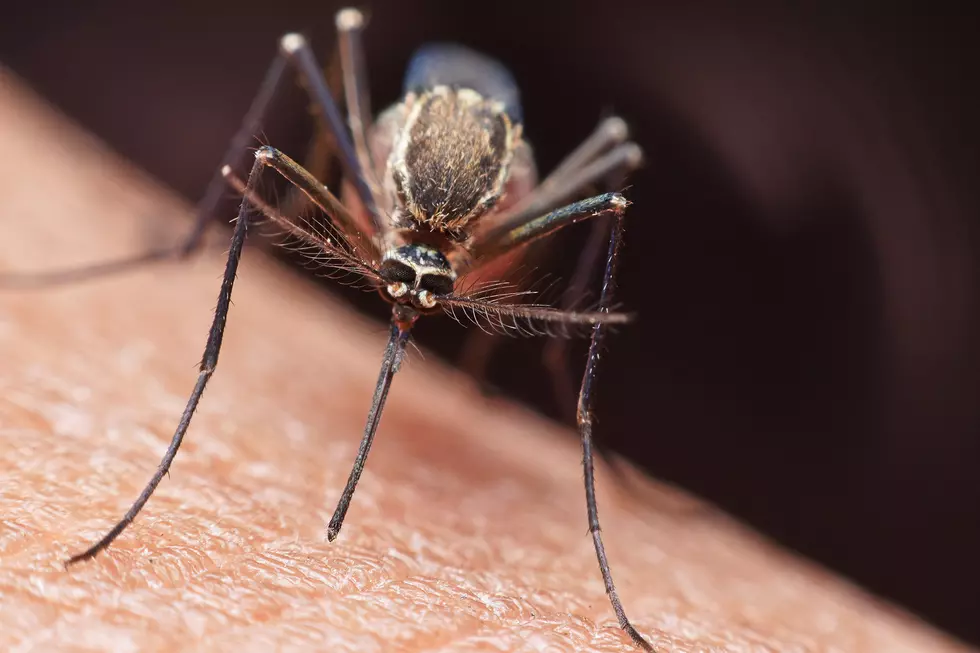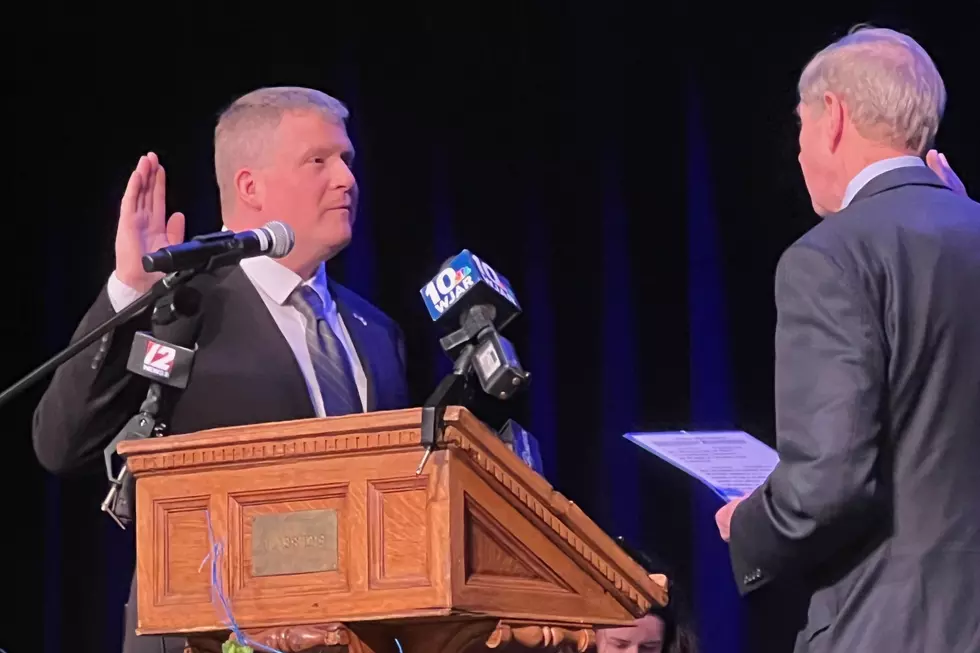
State’s Eighth Human Case of EEE Discovered in Bristol County
BOSTON — The Massachusetts Department of Public Health (DPH) today announced that laboratory testing has confirmed the 8th human case of Eastern Equine Encephalitis (EEE) virus infection, a man in his 50s from northeastern Bristol County.
DPH and the Massachusetts Department of Agricultural Resources (MDAR) continue to emphasize that residents throughout the Commonwealth take personal precautions to prevent mosquito bites as they announced the next round of aerial mosquito spraying in areas of the state at critical and high risk for EEE.
Weather and equipment permitting, MDAR anticipates the next round of aerial spraying to begin as early as Monday evening, September 16, in parts of Hampden, Hampshire, and Worcester counties. While aerial spraying is weather and equipment dependent, above-average evening temperatures next week are likely to permit the application.
In addition to the eight human cases of EEE this season in Massachusetts, there have also been eight confirmed cases of EEE this year in animals - seven horses and a goat. There has been one human case of West Nile virus (WNV) this season.
There are 35 communities now at critical risk, 38 at high risk, and 120 at moderate risk for the EEE virus in Massachusetts. On August 29 it was reported that a horse from Granby was infected with the EEE virus. The Department received additional information and has now confirmed that this horse was stabled in Connecticut. As a result, the towns of Granby, Belchertown, Ludlow, Chicopee, and South Hadley have all been reduced to moderate risk. A map of the state’s current EEE risk levels can be found here.
“Even though it is September, it is still mosquito season,” said Public Health Commissioner Monica Bharel, MD, MPH. “We continue to emphasize the need for people to protect themselves from mosquito bites.”
“MDAR continues to conduct aerial spraying and also supports the use of truck-based ground spraying as conditions allow this season,” said MDAR Commissioner John Lebeaux. “We continue to urge the public to use the insect repellants suggested by MA DPH, wear long sleeves and pants, and stay indoors from dusk to dawn when mosquitoes are most active.”
Additionally, MDAR reminds horse owners to promptly vaccinate their horses to ensure proper protection from EEE. If your horse was already vaccinated this year, MDAR advises checking with your veterinarian about a booster. Previously vaccinated horses may quickly respond to a booster vaccine and readily develop protective antibody. Horses of unknown vaccination status should receive two vaccines in the first year. Foals should be vaccinated as soon as they are old enough (3-4 months of age) and need a second booster vaccine for adequate protection.
Local communities are continuing truck-mounted ground spraying for mosquitoes. Spraying for mosquitoes does not eliminate the risk of EEE transmission and the public is asked to continue to follow personal protection practices.
Residents can learn more about EEE and ways to protect themselves on DPH’s website here.
EEE is a rare but serious and potentially fatal disease that can affect people of all ages. EEE occurs sporadically in Massachusetts with the most recent outbreak years occurring from 2004-2006 and 2010-2012. There were 22 human cases of EEE infection during those two outbreak periods with 14 cases occurring among residents of Bristol and Plymouth counties.
EEE virus has been found in 414 mosquito samples this year, many of them from species of mosquitoes capable of spreading the virus to people. An additional 72 mosquitos have tested positive for WNV.
— Massachusetts Dept. of Public Health
More From WBSM-AM/AM 1420









